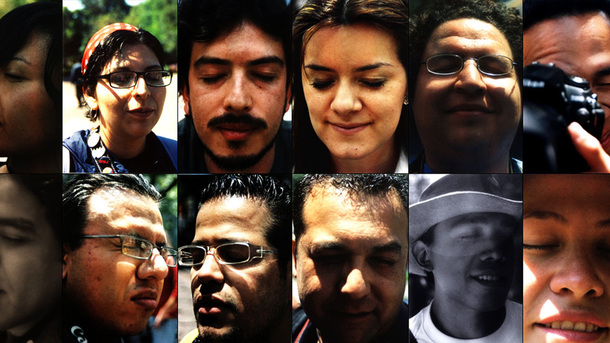MINDFULNESS
Why Mindfulness is the Antidote to Multitasking.
BY DRAKE BAER
|
RESEARCH SHOWS THAT PEOPLE WHO MULTITASK ALL THE TIME CAN'T SUSTAIN THEIR ATTENTION, EVEN WHEN THEY SHUT OFF ALL THEIR DEVICES. TRAINING YOURSELF IN MINDFULNESS MIGHT BE THE ANSWER. "People who multitask all the time can't filter out irrelevancy," Stanford researcher Clifford Nass told NPR, noting how his lab divided hardcore multitaskers from casual users. "They're chronically distracted. They initiate much larger parts of their brain that are irrelevant to the task at hand."
As we've mentioned before, multitasking is like watching a cable news channel: you've got one or more pundits yapping at the same time as you are dealing with the infinite scroll of sports scores and breaking news headlines. While you're being hit with much more "information" at once, you retain less--since you can't filter out what you need to pay attention to from what you should neglect. Your focus ricochets from ticker to talking head to ticker, like most of us bounce from document to phone to music to web all day at work. The scary part is that pin-balling habit of attention carries over to when we're not on devices. "(Heavy multitaskers) think they can shut it off, and that's been the most striking aspect of this research," he says. "The people we talk with continually said, look, when I really have to concentrate, I turn off everything and I am laser-focused. And unfortunately, they've developed habits of mind that make it impossible for them to be laser-focused. They're suckers for irrelevancy. They just can't keep on task." Research into success indicates that we're expanding our skills the most when we're deeply immersed in a difficult, demanding task--the feeling of flow you get from constructing a new algorithm, perfecting a pitch deck, or prototyping a product. But that feeling of flow can only happen when we've fully invested our attention. So if multitasking isn't only making us worse at sustaining attention, it's actually making us worse at our jobs. RE-LEARNING HOW TO CONCENTRATEJon Kabat-Zinn, professor of medicine emeritus and founding director of the Center for Mindfulness in Medicine, Health Care, and Society at the University of Massachusetts, defines mindfulness meditation as "nonjudgmental attention to experiences in the present moment," When you're being mindful, he says--either naturally or through a meditation practice--you're engaging in two activities:
Mindfulness meditation helps you become more aware of unawareness. It's developing a sense for when you've gotten distracted from the task at hand--which will inevitably happen--and nudging it back in place. The work of mindfulness isn't to never get distracted, since that's always going to happen. Instead, it's about recognizing that the meandering has occurred and returning to the task at hand--thereby "filtering out" the irrelevant info, whether it's remembering your first kiss or wondering what you're going to have for lunch. What a balance: while multitasking makes it easier for your brain to succumb to distraction, meditation helps you recognize when you've gotten distracted--allowing you to get back to the task that’s top of mind. How about you? ⎯⎯⎯⎯⎯⎯⎯ AUTHOR
DRAKE BAER → Drake Baer is a contributing writer at Fast Company, where he covers work culture. He's the co-author of Everything Connects, a book about how intrapersonal, interpersonal, and organizational psychology shape innovation, due out in February. Email him: dbaer at fastcompany.com. |
|
The
Psychodynamic Coaching & Consultancy._ |
SITE MAP
|
Get in touch
|


